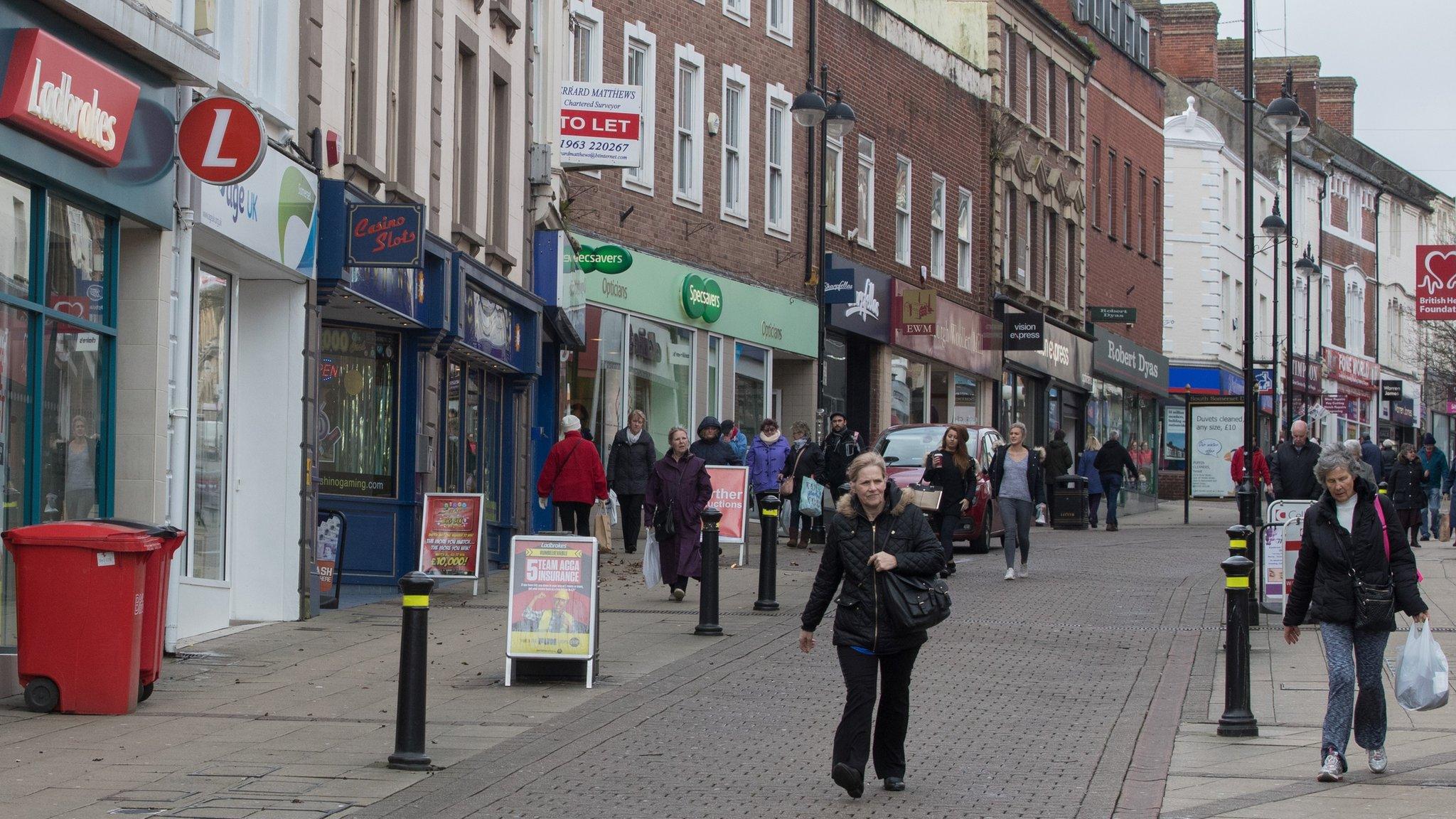Emergency services face £114m rates bill
- Published
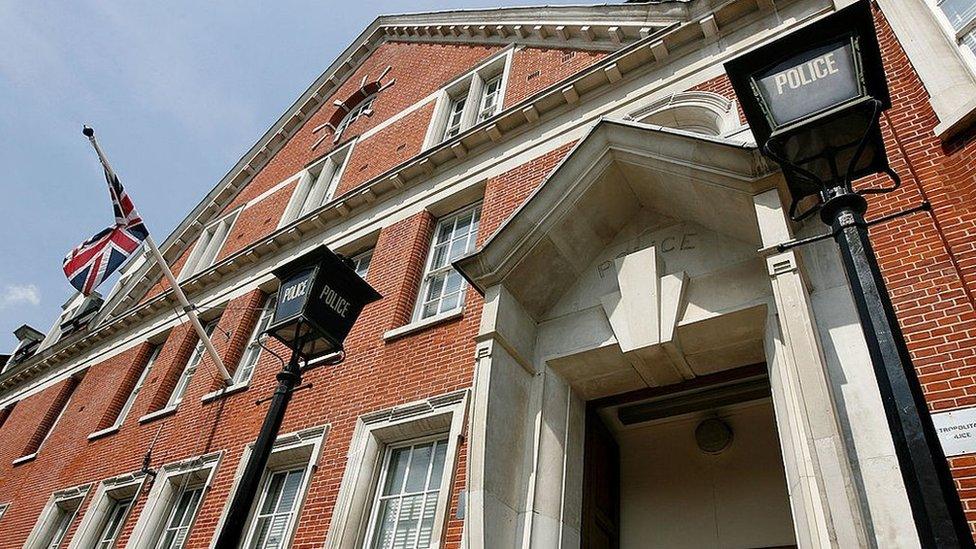
Emergency services are set to face a £113.6m business rates tax increase over five years, new data reveals.
Police stations will be hardest hit, with police chiefs across England and Wales needing to find an extra £60m.
The 15% rise in their rates bills comes as politicians and emergency services are calling for more funding in the wake of recent terror attacks.
Business rates are charged on all commercial properties, similar to council tax.
Changes to the rates were introduced in April after a revaluation of all commercial properties in England and Wales.
But the system has faced heavy criticism already from business leaders, and some spoke out after the government scrapped planned reforms from Wednesday's Queen's Speech.
Police stations, which also pay rates, must pay £500m in the tax over the next five years - 15% higher than in the previous seven years.
"Circular money"
Mark Rigby, chief executive of CVS, which conducted the research, said: "We are essentially robbing Peter to pay Paul. Police funding comes from government and these tax increases will come from that budget and paid to councils to fund local services. It's circular."
He added: "The 25 Police Training Colleges similarly face sharp tax rises and will pay an extra £8.2m in business rates over the next five years."
The data comes as police and fire chiefs have been questioning government cuts to services and warning that they are being put under too much pressure.
The Metropolitan Police is in talks to secure more funding after being left "stretched" by terror attacks and a rise in violent crime, according to Commissioner Cressida Dick.
"We need the resources to do the job," she told BBC London on Tuesday.
Former Met Police Commissioner Lord Blair said London's police force was "under an enormous amount of pressure".
"Looking at what is happening, the idea of continually cutting the police services budget seem just an absurdity at this point," he told Radio 4's Today programme.
Mayor of London Sadiq Khan said the Met had had to make £600m of savings and was due to lose an extra £400m by 2020.
Police station closures
First Secretary of State Damian Green has denied this, saying: "There are no police cuts. We have protected police budgets in this parliament."
But, police forces point to rising costs, such as increased business rates bills.
The CVS research also found that ambulance stations will pay an extra £8m in business rates, while fire stations are saddled with an extra £38.4m burden over the next five years.
Details in the register of all commercial properties that pay business rates also found that 20% of police stations have been shut since April 2010 - when the last revaluation took place.
According to the list, there were 2,070 police stations in April 2010, but just 1,668 in England and Wales on 1 April this year.
Business groups and industry figures have been calling on the government to reform business rates for several years.
Chancellor Philip Hammond promised a review at the last Budget, and both the Conservatives and Labour promised to look at the issue in their manifestos.
However, neither party gave any explicit details.
"Hammer blow"
And on Wednesday, the government failed to mention the Local Government Finance Bill, which was supposed to reform parts of the business rates system.
The reforms were to allow local authorities to keep 100% of business rates revenues and give more relief powers and modernise the billing system.
Jerry Schurder, head of business rates at Gerald Eve, said: "The demise of this Bill highlights the government's disarray over business rates policy and is a hammer blow to UK plc's hopes of genuine reform in the near future.
"Firms will be furious that, despite their protestations earlier in the year and government promises of action, there will be no reform of a rating system desperately in need of modernisation.
"A particular impact of the omission is that local authorities will no longer be given the powers to reduce business rates locally, a key element of the Bill."
The snap general election has also left some small businesses struggling, as a promised rates relief was delayed.
The data found that London police stations faced the highest rate rises.
Charing Cross Police Station faces the biggest rates bill in the entire country and will pay £5.7m over the next five years, according to CVS.
Lewisham High Street Police Station faces the greatest increase, with a £1.37m five-year tax hike, as its annual bill grows from £510,435 for 2016-17 to £784,592 per year on average over the next five years.
This takes into account forecasted inflation and transitional relief.
- Published17 February 2017
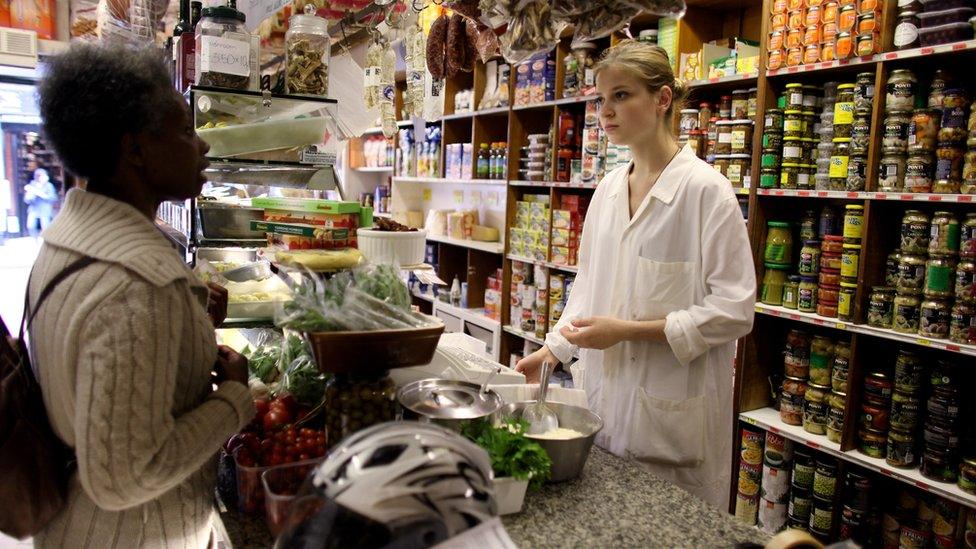
- Published27 February 2017
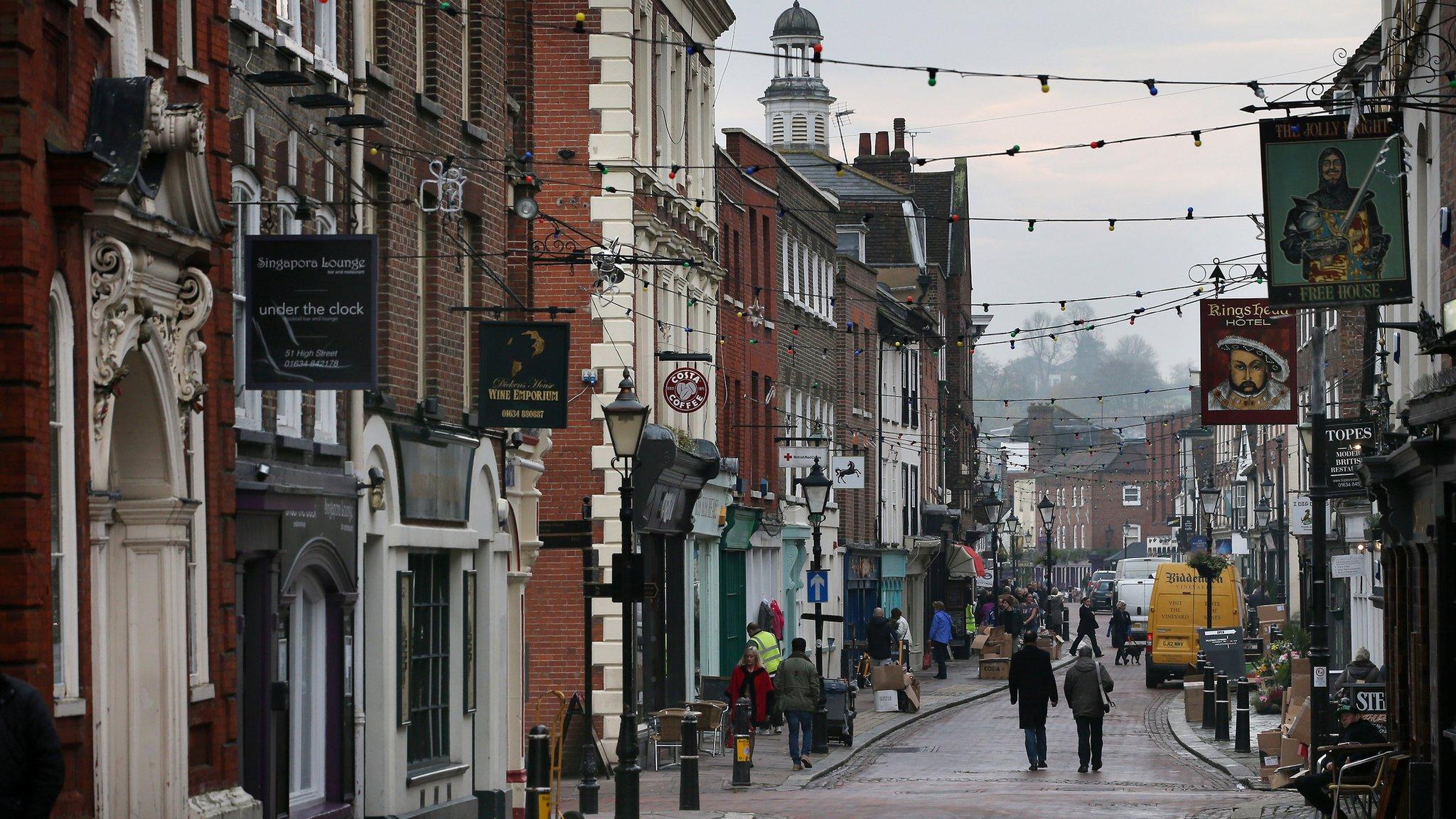
- Published30 May 2017
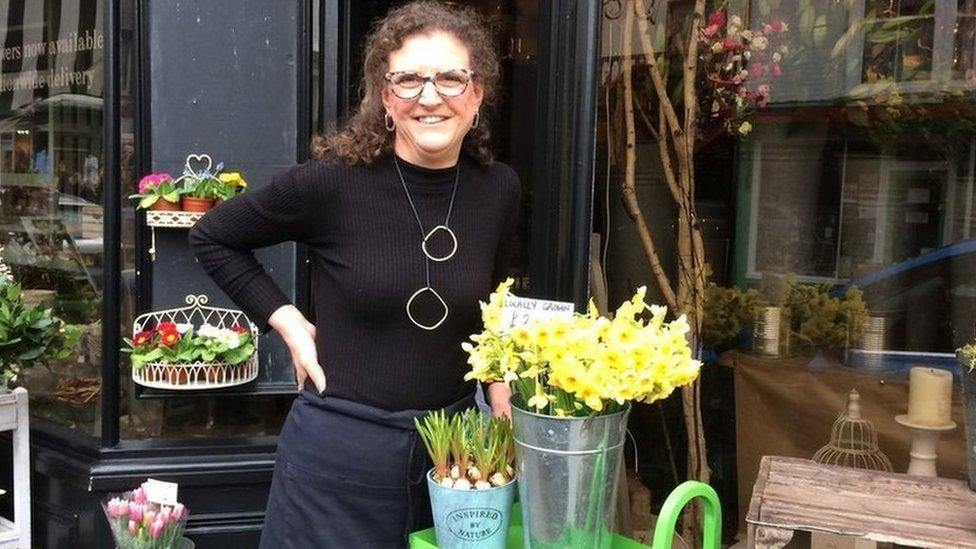
- Published17 February 2017
